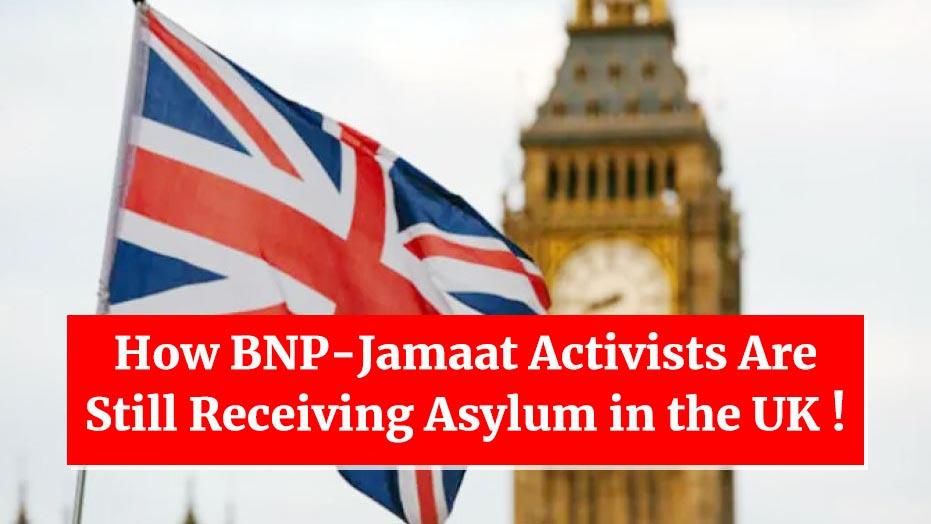The UK government has announced a new policy that will end the recruitment of care workers from abroad, with Home Secretary Yvette Cooper confirming that employers will be required to prioritize hiring British workers or retaining existing overseas staff already residing in the UK. The new regulations, expected to roll out later this year, are part of a broader strategy to reduce the number of lower-skilled migrants entering the country.
According to official projections, these reforms could result in a reduction of up to 50,000 care and lower-skilled worker visas over the next 12 months. Successive UK governments have struggled to reduce net migration, with the balance between those entering and leaving the country reaching a peak of 906,000 in the year to June 2023. More recent data shows the figure at 728,000.
Emphasis on Domestic Recruitment
The new policy requires employers to focus on hiring UK-based candidates for care roles before considering international recruits. Plans are underway to encourage unemployed individuals in the UK to re-enter the job market, particularly in the care sector, through training initiatives.
The government also intends to implement improved pay structures to attract local candidates into care roles. Among the proposed reforms is a shift in the qualification requirements for skilled worker visas, raising the threshold from A-levels to degree-level qualifications. Additionally, the government plans to tighten the criteria for the Shortage Occupation List, which currently permits employers to offer lower salaries for hard-to-fill positions, such as graphic designers, carpenters, and pharmaceutical technicians.
Yvette Cooper emphasized that the measures aim to significantly reduce the country’s reliance on overseas labor, particularly in sectors deemed to be lower-skilled. “We estimate this could reduce low-skilled migration by up to 50,000 over the coming year,” she stated.
Further Restrictions and Pay Agreements
In April, additional restrictions were implemented requiring care providers to demonstrate that they had made sufficient efforts to recruit within England before seeking workers from abroad. Under the latest proposals, care firms will now be mandated to recruit solely from the domestic labor pool or from among the more than 10,000 foreign workers who entered the UK on care visas but were not ultimately placed in jobs.
Addressing the persistent recruitment crisis in the social care sector, Cooper pledged to introduce a new “fair pay agreement” designed to make care roles more attractive to British workers and reduce the sector’s dependence on foreign staff.
The government’s overarching objective with these reforms is to balance the need to support the domestic workforce while reducing the influx of lower-skilled migrants, aligning with longstanding policy goals to bring down net migration figures.








.svg)




